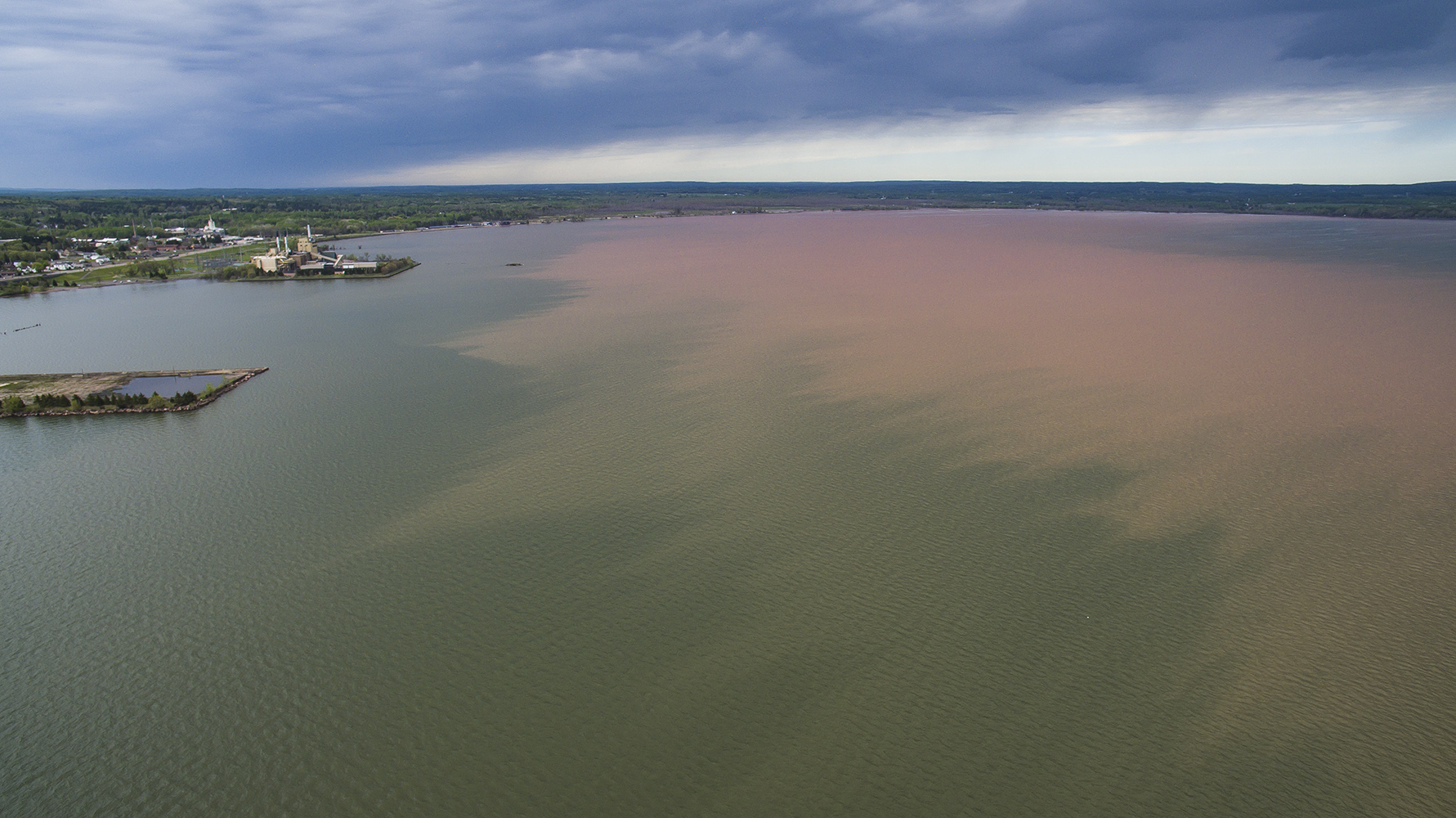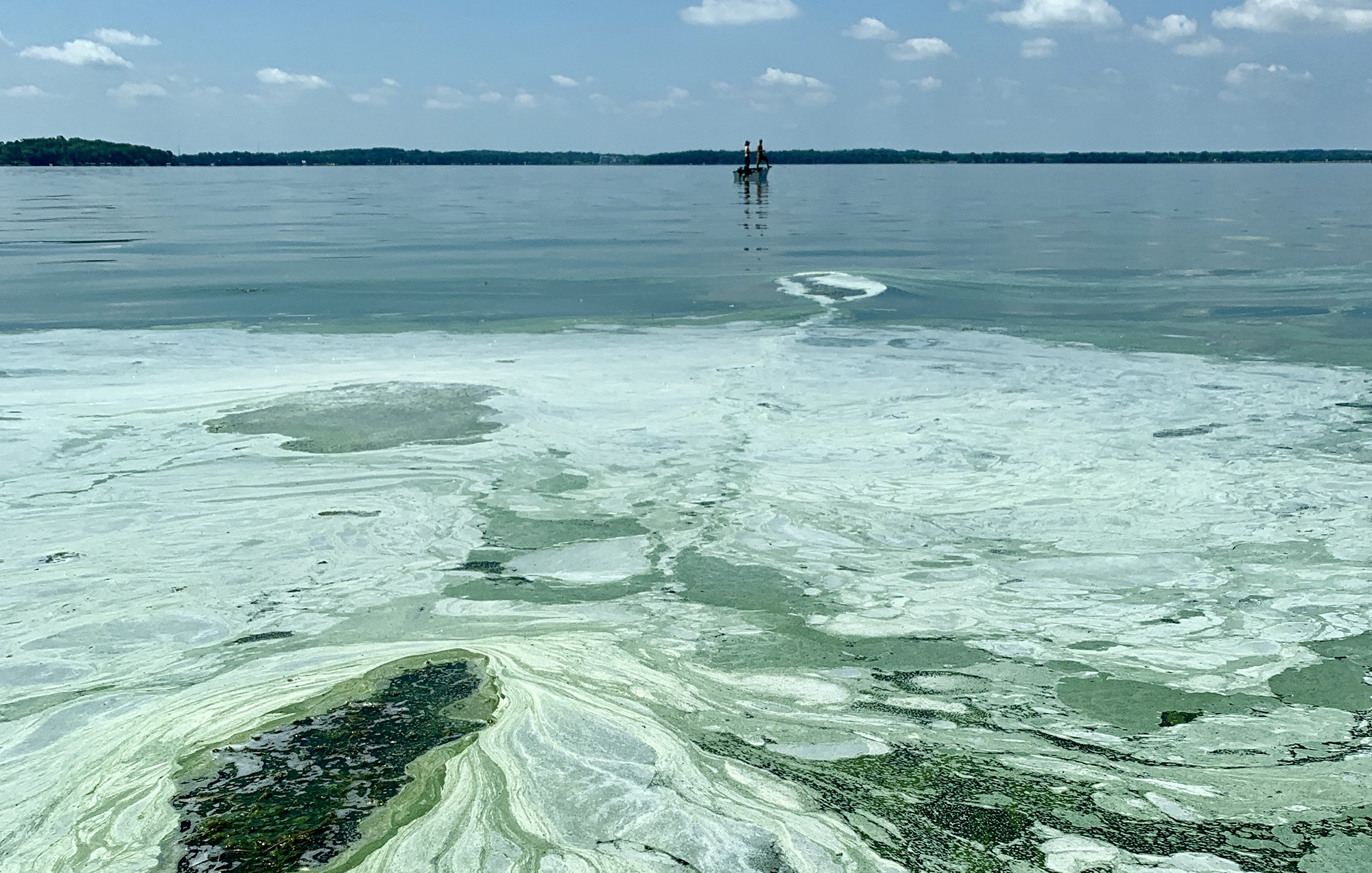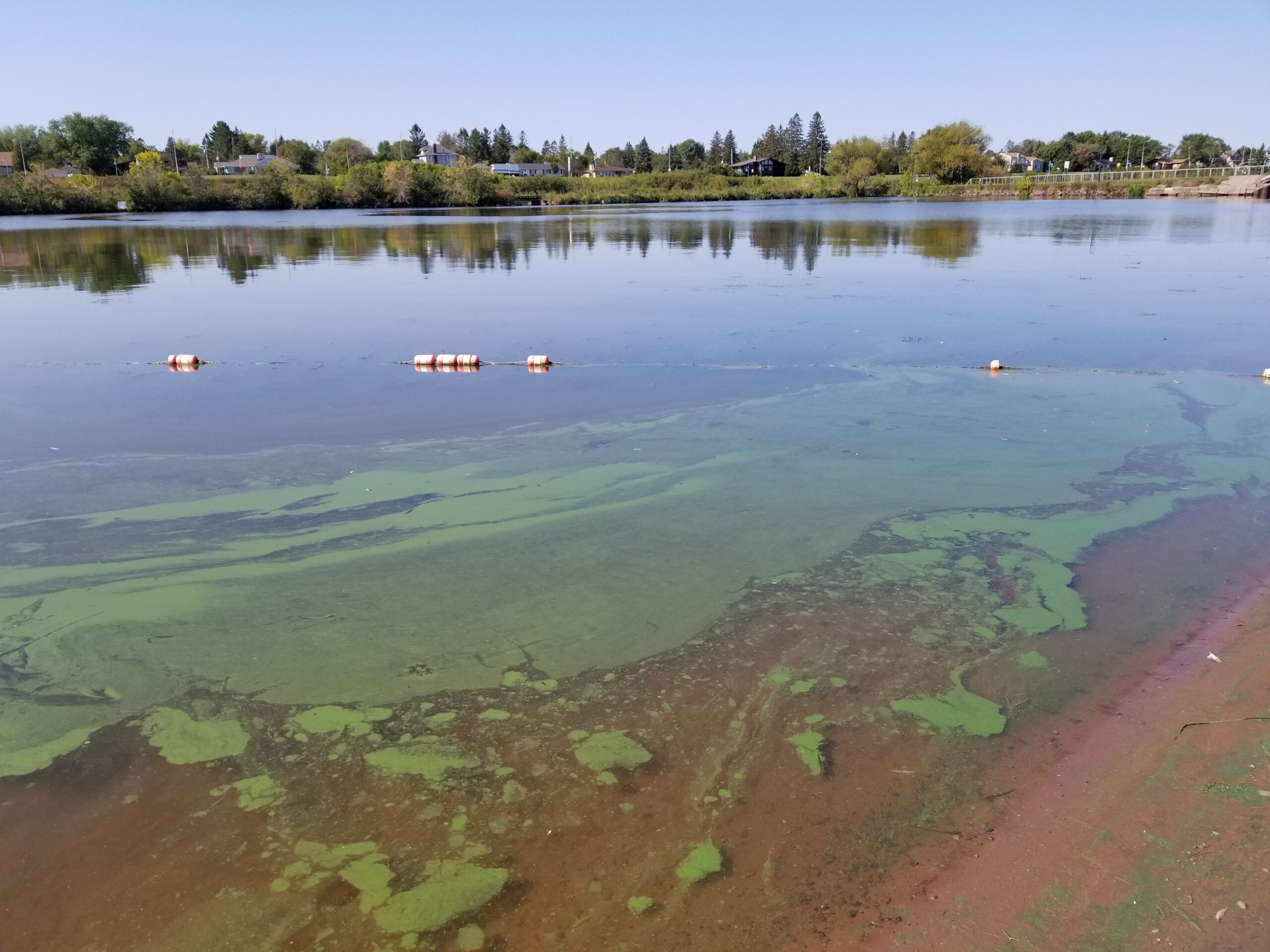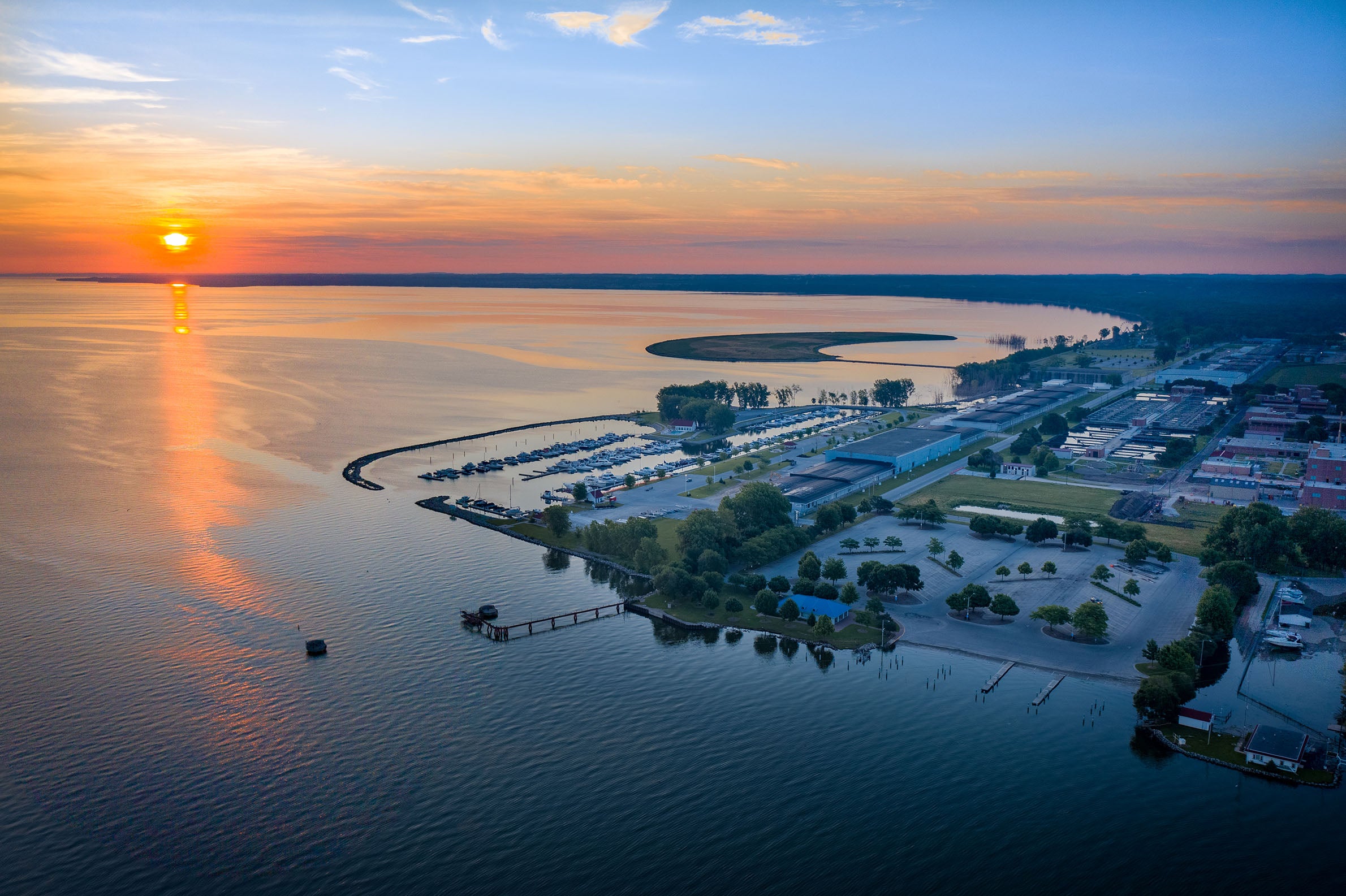Today, Democratic Senator Al Franken announced his intention to resign due to allegations of sexual harassment. We hear what he had to say and the implications for Democrats. Algae blooms are potentially deadly to humans, and they’re becoming more common in Wisconsin’s lakes and rivers. An expert talks about what’s behind the problem and what’s being done to combat it.
Featured in this Show
-
Minnesota Senator Al Franken Resigns From The Senate Following Harassment Allegations, Growing Conversation About Sexual Harassment
Senator Al Franken (D-Minn) announced he will resign within the coming weeks following allegations that he harassed and groped several women. He’s the second high-profile Democrat to announce their resignation this week. These resignations come at a time when the spotlight is on sexual harassment in all fields. We speak with UW-Whitewater Political Science Professor Susan Johnson about the news and how sexual harassment fits into conversations about politics.
-
Farm Runoff, Rising Temperatures Lead To Toxic Algae Blooms
Toxic algae blooms are potentially deadly to humans and are becoming more common in Wisconsin’s lakes and rivers. Increased runoff from farm fields, combined with rising temperatures around the state, are making the algae more difficult to control. A water quality expert is with us to talk about the scope of the problem and what can be done to stop it.
-
Toxic Algae Blooms Spike In Wisconsin, Nationwide
On July 30, just hours apart, two small dogs died after swimming in Madison’s Lake Mendota.
Health officials at the time suspected blue-green algae as the deadly culprit in the lake, where a giant bloom of the toxic algae had been spotted just a month prior.
Blue-green algae — also known as cyanobacteria, and technically a bacteria strain not algae — is not new to Madison lakes. It was first spotted in Lake Mendota in 1880, says Steve Carpenter, director emeritus of the Center for Limnology at the University of Wisconsin-Madison.
But severe blooms are becoming more common.
“It’s a pattern that’s going on worldwide due to warming of the planet,” Carpenter said. “And also due to high levels of phosphorus pollution in areas that have industrialized farming.”
That’s because the bacteria thrives in warm, nutrient-rich water. Carpenter said cyanobacteria is most common in agricultural areas of the state, mainly south of state Highway 29, where phosphorus-rich farm runoff enters the waterways.
And the effects — as potentially shown by the dogs’ deaths — can be dangerous.
“I’m aware of at least one person in Wisconsin who was killed recently by them,” he said. “There may be more because it’s not something easy to recognize. The physician would have to know to test the stomach contents for the algae.”
Cyanobacteria can have a negative effect on the food chain, because it’s not edible for aquatic organisms. Though many lake-dwellers have adapted to the toxins, the blooms remove oxygen from the water when they die and decompose, killing off lake fish.
“We regularly throughout Wisconsin in summer see incidents of enclosed bays or small lakes where the oxygen went out of the whole bay or out of the whole lake and the fish died,” Carpenter said.
To curb the problem, Carpenter says, we’re going to have to get creative.
The most common practice is to plant buffer strips of perennial plants around lakes to slow down runoff. However, Carpenter says, when it comes to rainfall or a big storm, the buffer strips don’t do a lot.
Instead of slowing phosphorus runoff, or attempting to block it, he proposes reducing phosphorous levels. Because much of the phosphorus comes from animal sewage, that might look like some sort of sewage treatment system, as we have for human waste, for farm animals.
Some farmers in Dane County are experimenting with a manure digester, which has gained criticism for its cost. Carpenter says with larger farm animal herd sizes, such a system could be more cost effective.
He says Wisconsinites will have to actively work to curb blue-green algae blooms, or the problem will just get worse.
“We all love clean water, and we want to be able to go to the beach on a lake or go fishing or have those special experiences that Wisconsin people have on the water,” he said. “In order to have both of those, we’re going to have to pay what it takes to produce the cheese and ice cream and milk in an environmentally-safe way. That’s just the hard reality for how it’s going to work.”
Episode Credits
- Rob Ferrett Host
- J. Carlisle Larsen Producer
- Dean Knetter Producer
- Judith Siers-Poisson Producer
- Susan Johnson Guest
- Steve Carpenter Guest
Wisconsin Public Radio, © Copyright 2025, Board of Regents of the University of Wisconsin System and Wisconsin Educational Communications Board.




